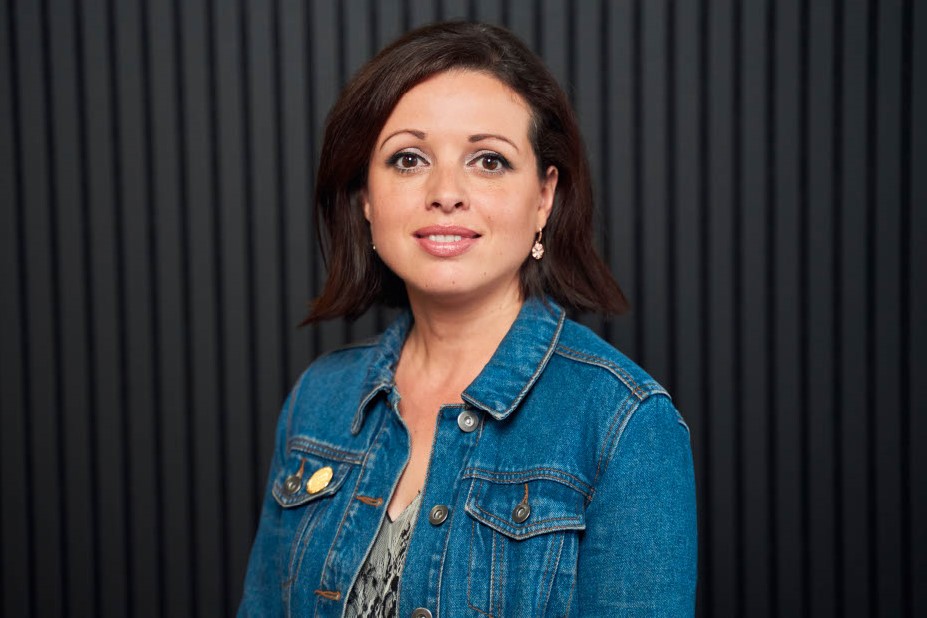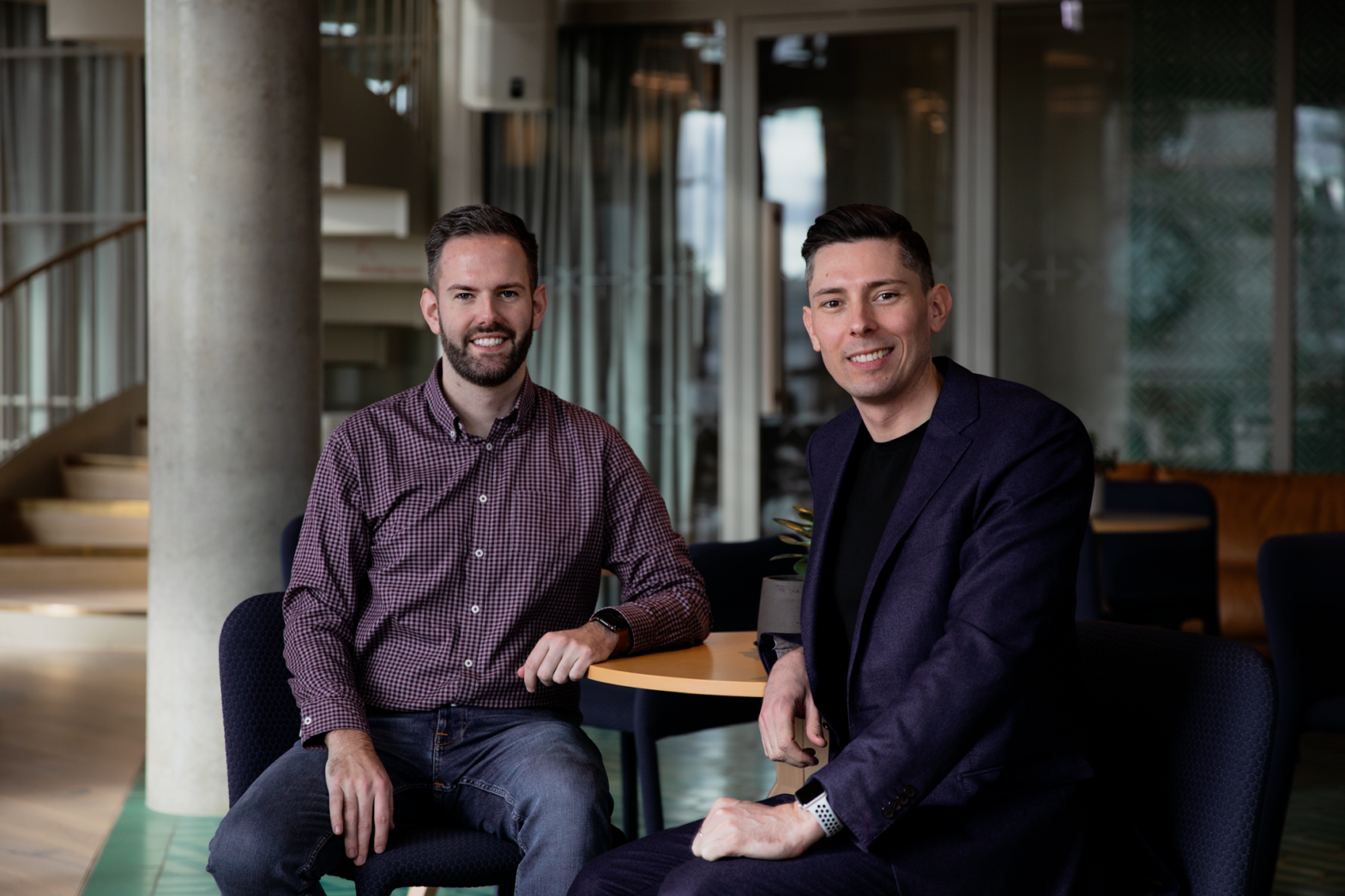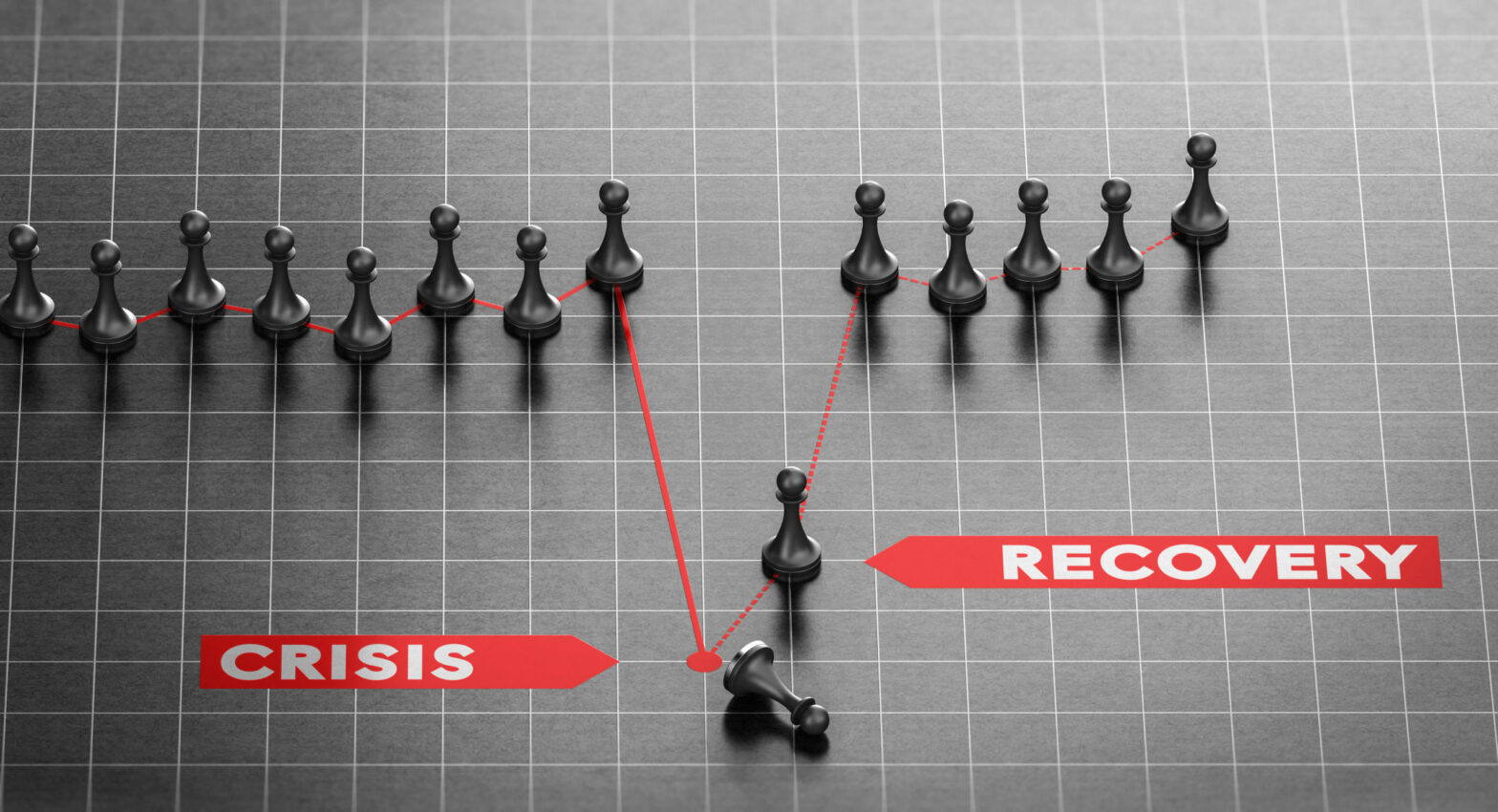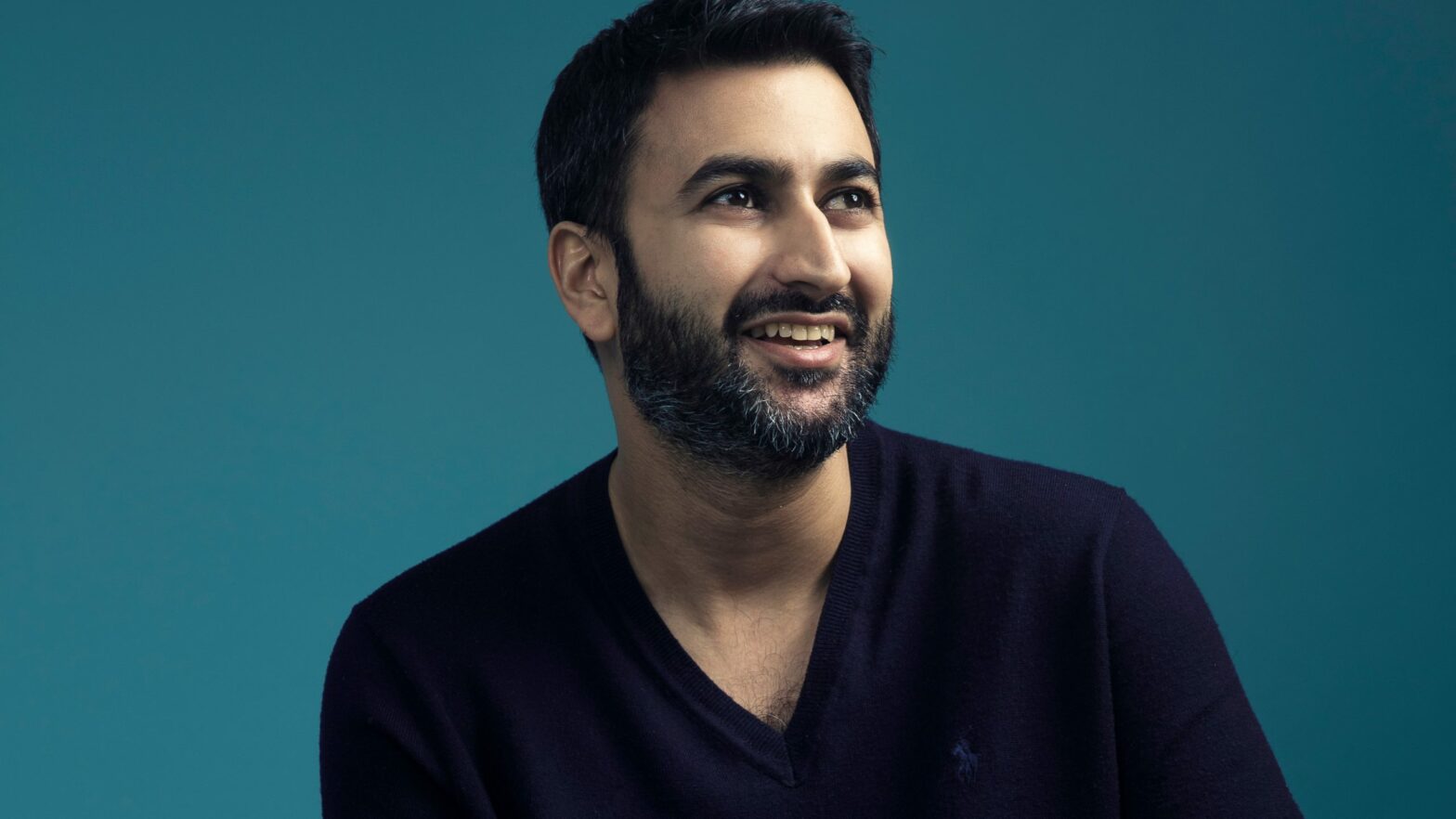Group life cover (or death in service, as it’s commonly known), is the number one benefit which employees want from an employer – even if it’s the smallest of businesses. Group life insurance has become a £2bn industry servicing larger employers. However, only one in ten SMEs offer group life cover, perceiving it as being complex and poor value for money.
It’s a perception that YuLife founder Sammy Rubin wanted to change.
Rubin has been in life insurance since his 20s, founding Policy Portfolio, which was sold to Investec. Afterwards, he became the founding CEO of what would eventually become VitalityLife, a health insurance provider which focuses on rewarding healthy behaviour.
>See also: How I’ve grown my business: Cameron Shearer, co-founder Superscript
What VitalityLife pioneered was the gamification of private health insurance, offering rewards for healthy behaviour, which it tracked through your smartphone app.
It’s a concept that Rubin wanted to bring to the death-in-service benefit but putting the emphasis on life rather than death.
He realised there was an opportunity to harness all the thousands of competing wellbeing apps out there measuring both your fitness and mental wellbeing.
Founded in 2016, the YuLife app encourages members to complete simple wellbeing activities, such as walking or meditation, by rewarding them in “YuCoin” for steps they have walked or run or time they spend meditating. The currency can be exchanged for Avios air miles, vouchers and gift cards from partner brands including Amazon and ASOS.
At present, YuLife only operates in Britain but it has plans to expand overseas.
And it will offer a new financial product to its 30,000 members before the end of this year, in addition to life insurance, income protection and critical illness.
See also: How I’ve grown my business: Mandeep Singh, co-founder Trouva
Where did the idea for your business come from?
The life insurance industry hasn’t made any substantial changes since the 1960s, when insurers started charging higher premiums for smokers. Since then, insurers have calculated the cost of policies based on two factors alone: how old you are, and whether you smoke or not. What they don’t do is take account of how people actually live and how they look after their mental and physical health on a day-to-day basis. My co-founders and I wanted to put life back into life insurance, using the latest tech – whether that’s AI, apps or game mechanics – to encourage people to make healthier life choices.
What experience do you have in your sector?
I’ve been working in the insurance industry since my early twenties, but before that I studied computer science at university, so I’ve always been passionate about injecting the latest tech into the sector. I started my first company, Policy Portfolio, when I was 21, together with my father. Within five years, the company was floated on the London Stock Exchange, which made me the youngest director of a publicly listed financial services company in the UK at the time. Later on, I became the founding CEO of PruProtect (now VitalityLife), the first life insurance company in the UK to truly reward healthy behaviour and am now founder and CEO at YuLife.
‘36% of the app’s users use it every single day’
Do you consider your business to be a disruptor – what’s its USP?
We’re looking to create win-wins – for both the insurer and the policy holder, whereby both parties gain from healthy lifestyle choices.
Life insurance, in its current model, is little more than death coverage. So by switching the focus of life insurance from death to life we are fundamentally changing the nature of the life insurance industry.
The YuLife offering works like this: employers sign their employees up to our group income and critical illness packages, and employees gain access to the YuLife app. On the app, users can earn discounts and vouchers from the UK’s leading brands in return for completing everyday wellness challenges, such as walking, cycling, meditation and mindfulness, thus rewarding and incentivizing healthy behaviour. Thirty-six per cent of the app’s users use it every single day – most insurers are lucky if they interact with policyholders twice a year.
What part does technology play in your business?
I’m a tech fanatic, and tech is really at the heart of everything we do. Our app is based around gamification, and includes features like quests, duels, and internal workplace competitions to make people feel like their 10-minute walk at lunchtime is actually part of playing a game. There’s no doubt that once you have an incentive to take a long walk or meditate before bed, you’re more likely to turn these activities into habits.
Another aspect of the app’s technology is its ability to feed anonymous insights back to employers, allowing them to see vital performance indicators regarding levels of morale in the workplace. If employees across a particular team typically meditate frequently and there’s a sudden drop-off in activity, that might mean that they’re pressed for time and aren’t looking after themselves as they might like. In turn, employers can tailor their wellbeing programmes to fit their employees’ individual needs.
What funding did you have to start the business and where did it come from?
YuLife has raised £13m to date in two funding rounds. In November 2018 we raised £3m in a seed round led by LocalGlobe with the participation of Antehmis Exponential Ventures, RGA and OurCrowd. Then in May 2019 we raised a £10m Series A Round led by Creandum Funds alongside MMC Ventures, Notion Capital, Anthemis Exponential Ventures, RGAX, and OurCrowd.
As the business has grown, what major challenges have your face and how have you overcome them?
Our top challenge at the beginning was that was we had to navigate a complex regulatory framework. Luckily, we had some great compliance consultants on board and were consistently transparent about our unique mission, which certainly helped in getting the regulator on board. We then had to identify and agree a commercial framework with an insurance carrier, which is particularly difficult in a crowded market. We had to show more persistence and more enthusiasm than our competitors, while also remembering that ‘no’ is a request for more information – you can’t sell yourself short. Finally, the launch and product iteration processes are where you really earn your corn, and they require a business to break out of its echo chamber, truly listen to customer feedback, and have the humility to sometimes admit that you were wrong.
What would you say to any other business owners mulling whether to bring in outside investors?
Knowing whether to bring in outside investors ultimately depends on what your goals are. Do I really need this money to grow, or can I achieve my business goals without them? Can the investor add value beyond cash alone? And, crucially, can I really trust this person when the going gets tough? I would only take the investment if the answer to all three questions is ‘yes’. Otherwise, there’s a risk that the investment won’t lead to true value.
How do you measure success for yourself, your investors, your staff and your customers?
Ultimately our goal is to encourage our members to live better lives, and, while that’s always going to be a work in progress, the AI-driven insights our app derives helps us to see the overall trajectory. We can see when people are walking more, meditating for longer, or cashing in their rewards. So we know that the average YuLife user takes over 7,000 daily steps (as against the UK average of 3,100), and once a member starts using the app their average step count increases by 11 per cent.
In the context of the industry, where we’re aiming to create a more engaging insurance product, we can see that we have an average of 120 touchpoints with each customer per year, and 62 per cent of members are still using the app a year after having signed up, which is a very high retention rate. Internally, we’re big advocates of OKR (Objectives and Key Results), whereby success is measured in concrete terms, and we encourage all our teams to roll out OKRs.
What business (or personal) tip would give to other entrepreneurs hoping to grow their businesses?
I would encourage everyone to believe in themselves. Each one of us has so much untapped potential, and if that’s allied to a cause you really believe in and focused on tangible goals, we can bring endless benefits to ourselves and our businesses.
Who has most influenced your working life?
My late father helped me launch my own career through his outstanding determination and flexibility. At the age of 63, he founded a new company in an industry in which he had never previously worked. I joined the business at a very early stage, and we worked together closely for eight years until we sold the company. His creativity and love of people will stay with me forever.
How do you relax outside of work?
I am a huge fan of meditation and would recommend incorporating mindfulness into anyone’s daily routine. There are a range of apps out there including Calm and Headspace that make meditation really accessible for everybody. When I take time out of my day and feel like I’m transporting myself to a serene rural retreat – even though I’m physically in the office – it equips me with the mental strength I need to carry on with my work.
Sammy Rubin is the founder of YuLife and a member of the Growth Business Venturers Club. To find out more about becoming a venturer see here
Further reading
How I’ve grown my business: Damon Bonser, CEO of British Design Fund







